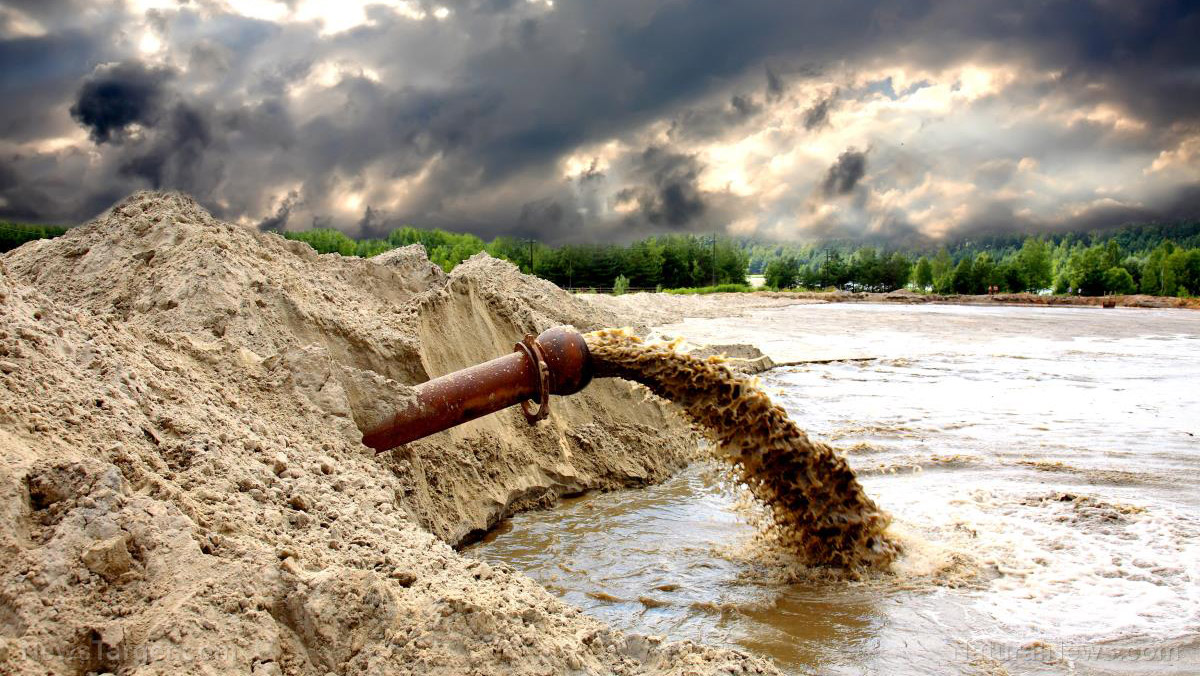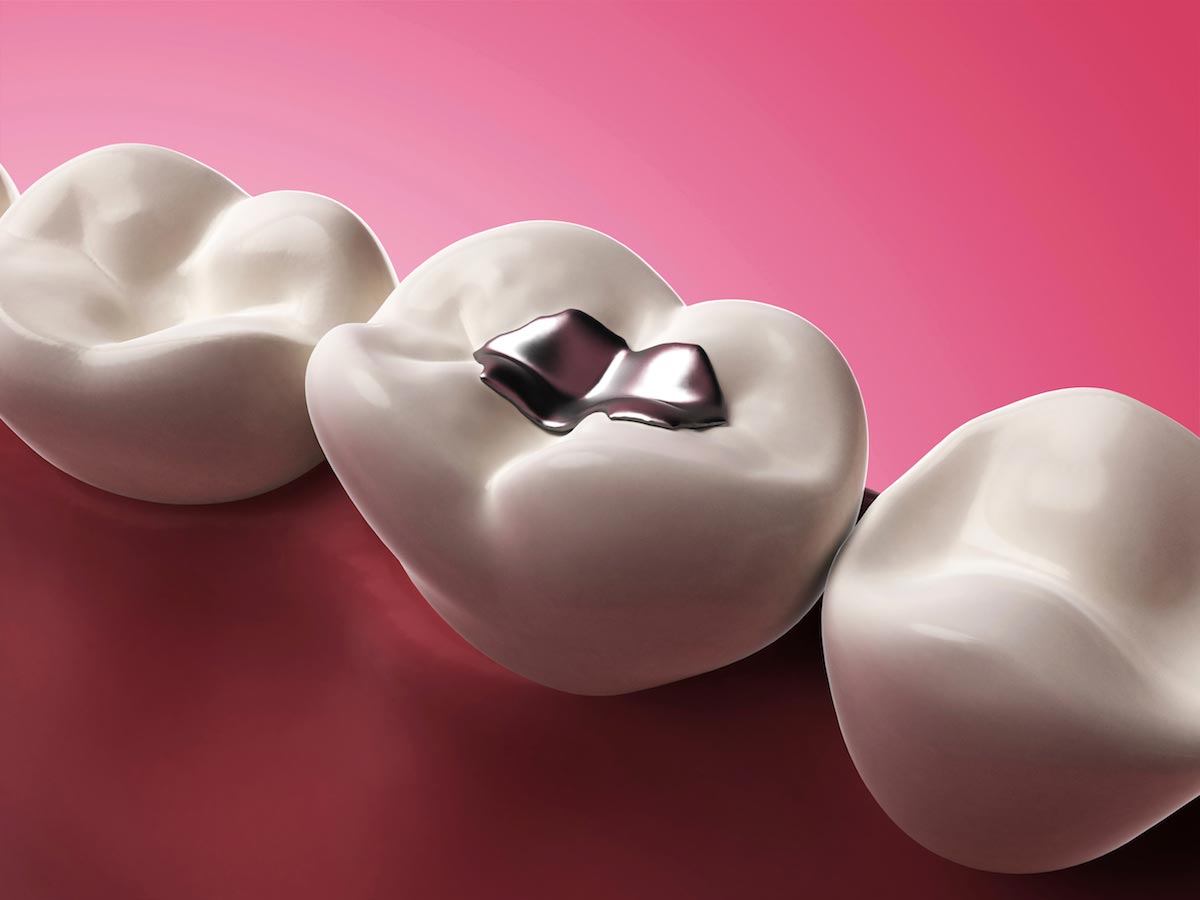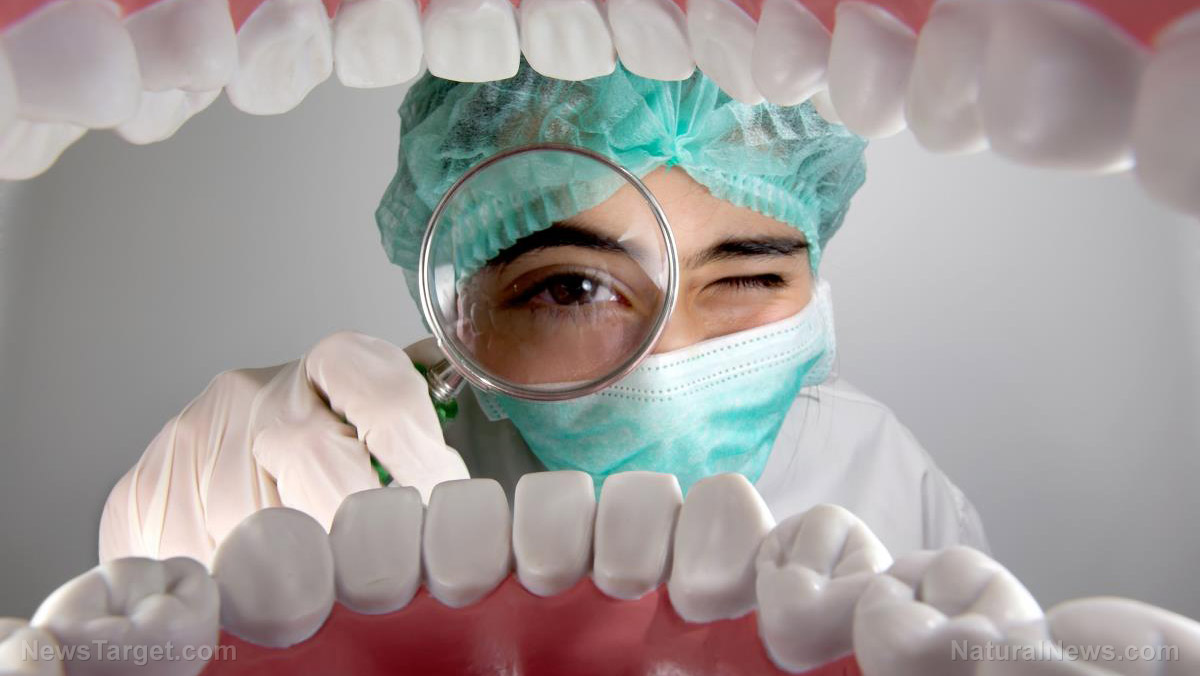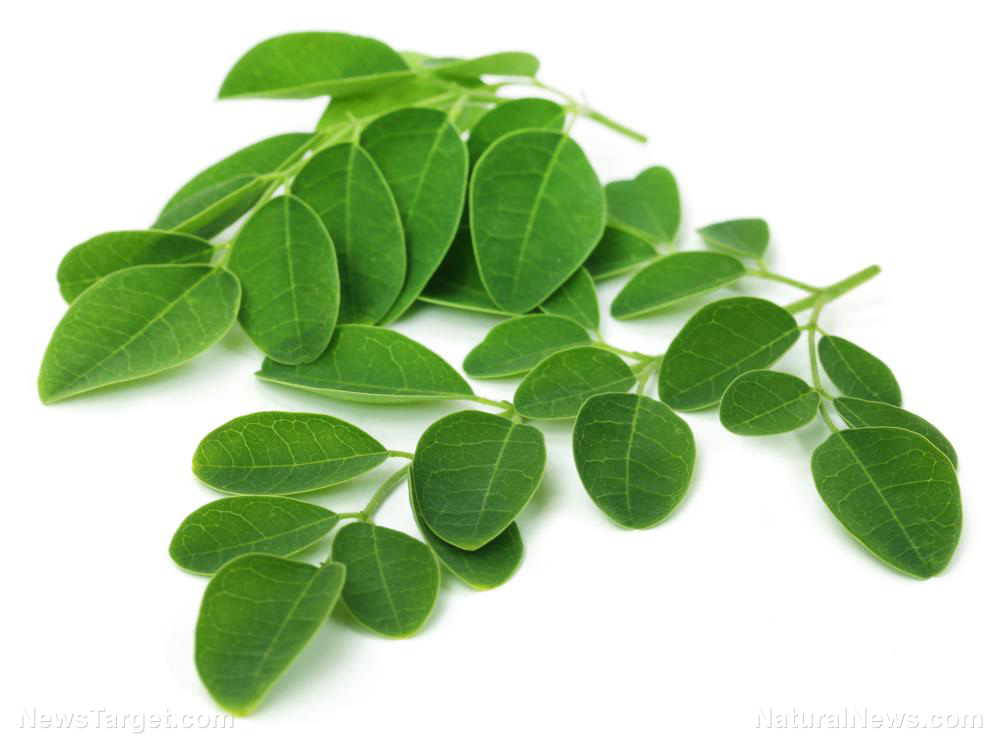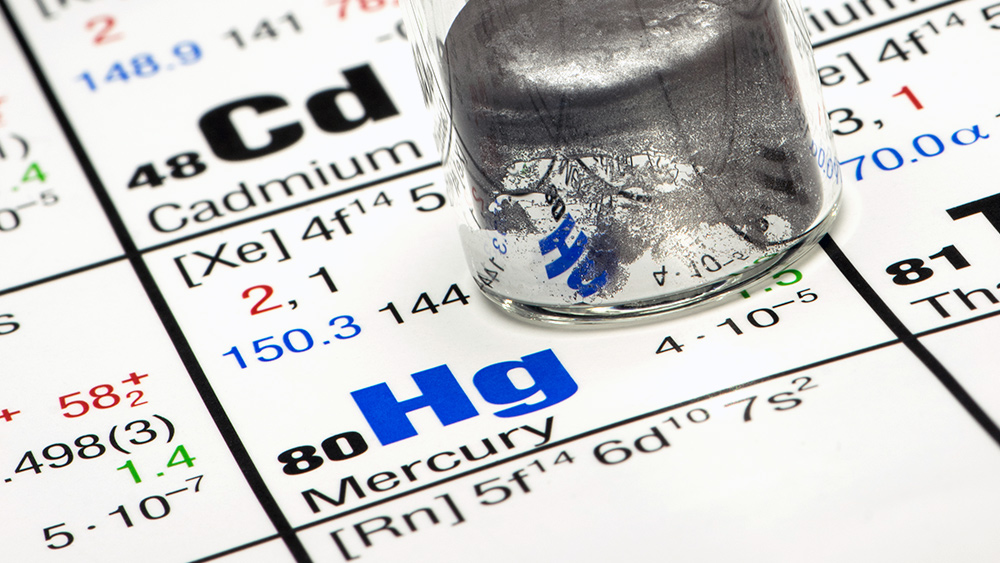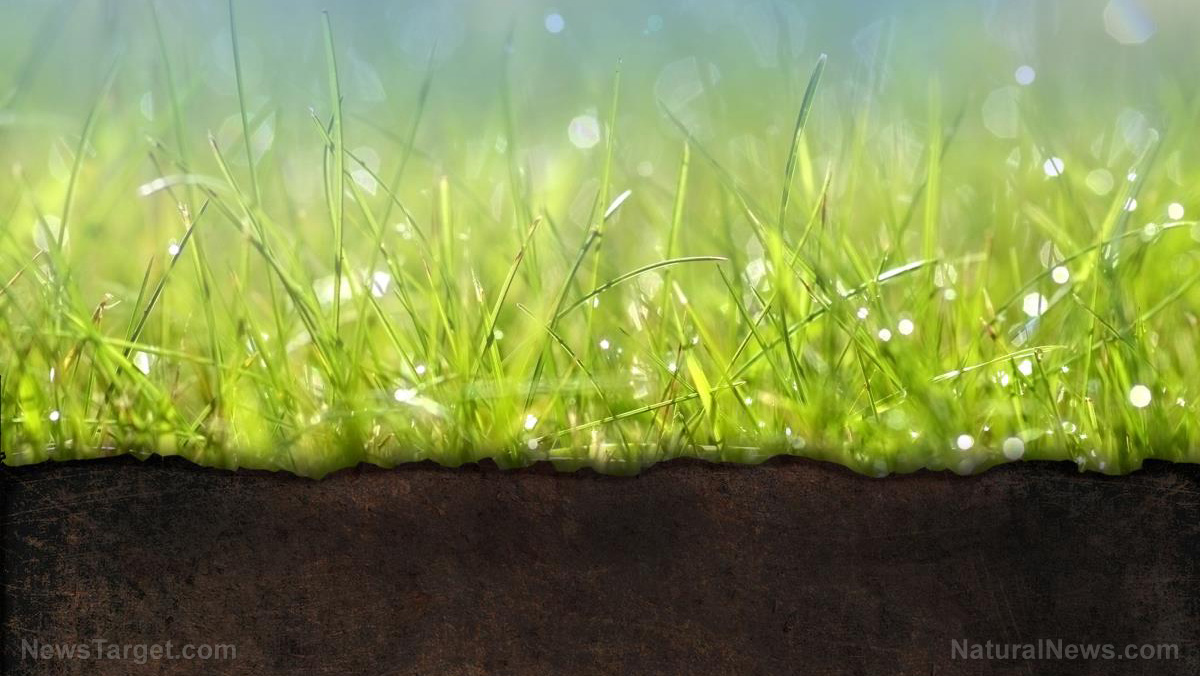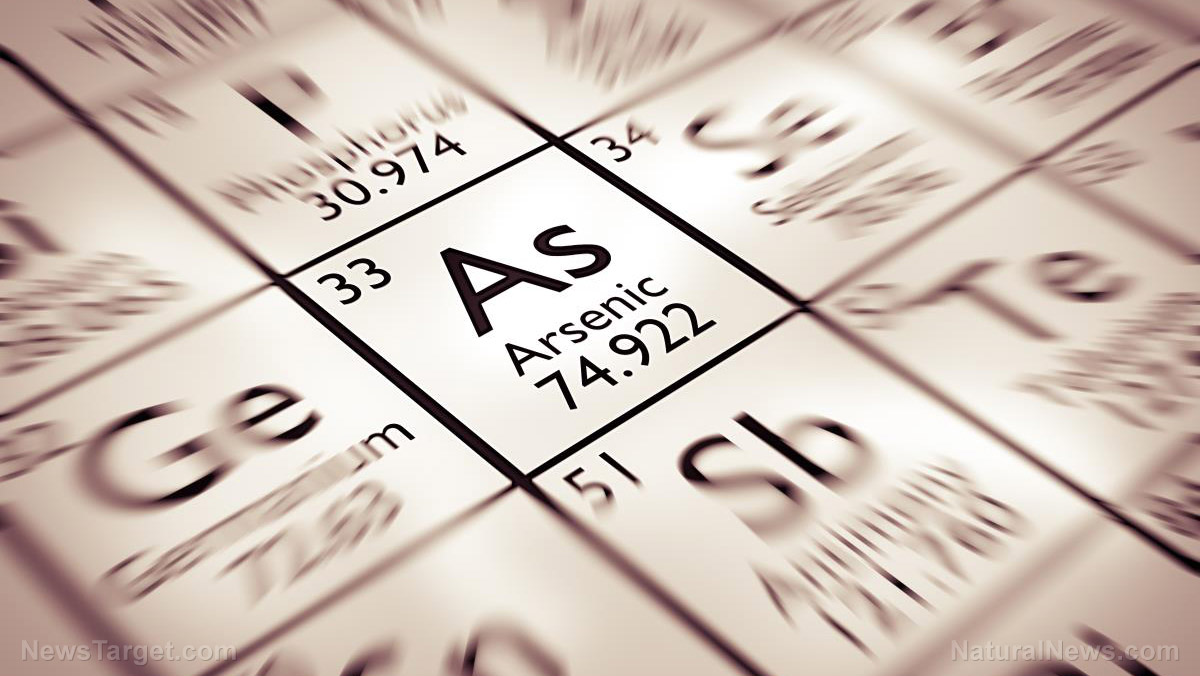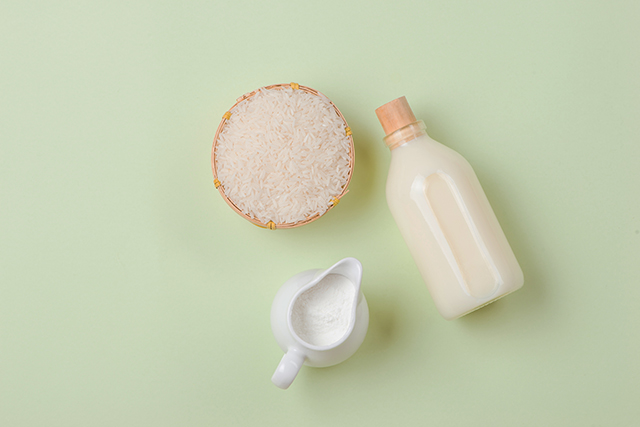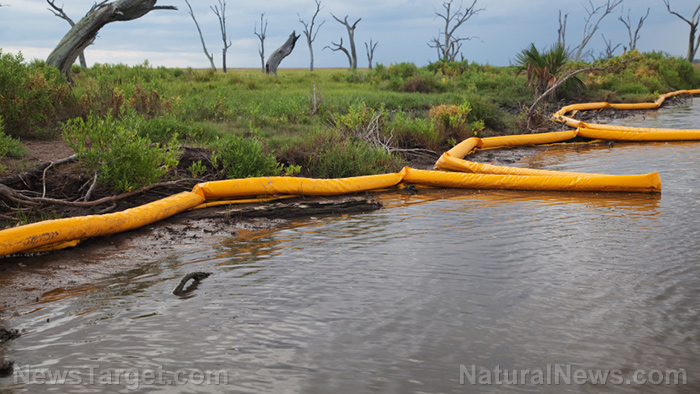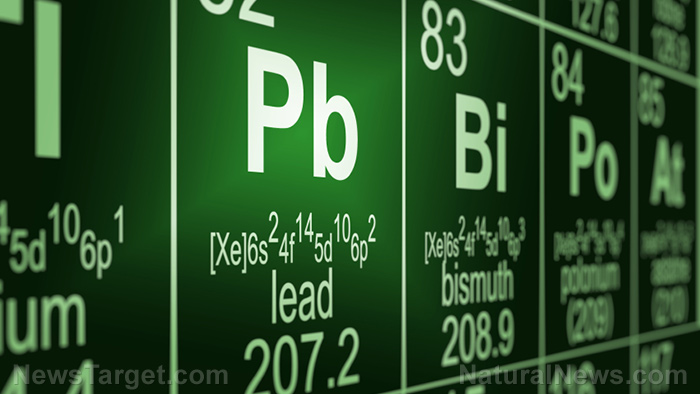Your water could be causing your eczema: Hard water found to damage the protective barrier on skin
12/14/2017 / By Ralph Flores

Science has found evidence that your tap water — yes, the same water you use when you take a shower — can harm you and can even lead to eczema.
Experts from the King’s College London and the University of Sheffield have found that exposure of the skin to hard water (defined as water with a high mineral content, such as those in tap water), damages the skin barrier. This reduces our protection against external threats such as bacteria and the harmful rays of the sun and builds the sensitivity of the skin to potential irritants found in everyday products that are applied to it such as soap or detergent.
This is because hard water has high levels of calcium and magnesium ion. These ions bind to surfactants, which are common substances that are found in cleaning products. This process creates a compound that cannot be dissolved in water, which enters the skin and makes for an itchy result.
In addition to this, hard water disrupts the skin surface pH, which can lead to serious complications. Under normal circumstances, our skin’s pH level is acidic. The acidity creates a barrier which ensures that harmful bacteria are kept at bay outside. Hard water, however, contains high alkalinity. When this is mixed with our body’s natural acidity, it cancels out the protective barrier, potentially allowing pathogenic bacteria to enter our bodies and cause disease.
“One in five children and one in 12 adults in the U.K. suffer from eczema, costing the NHS well over 500 British Pounds million annually. It is during the first few days and months of life that our skin is most susceptible to damage and most at risk of developing eczema,” Dr. Carsten Flohr, co-senior author of the study, explains. “For that reason, we are now embarking on a pilot trial to investigate whether installation of a domestic water softener around the time of birth can prevent skin barrier breakdown and eczema in those living in hard water areas.”
Eczema (also known as atopic dermatitis) is a condition where your skin becomes red and itchy. This is commonly seen in children, but it can happen at any age. It is defined as a chronic condition and can flare intermittently. Symptoms may appear in children before the age of five, then continue well into adulthood. There are some cases where it flares up periodically, with some intervals spanning years.
Signs and symptoms of eczema are different for each person. However, the Mayo Clinic lists these common signs: dry skin, itching (which can be severe, especially at night), red to brownish-gray particles, particularly on extremities and joints, small bumps, thick and scaly skin and sensitive skin from scratching.
To avoid eczema, here are some tips to consider:
- Moisturize your skin – Feeding your skin with products that can nourish it and lock in the moisture could also shut out atopic dermatitis as well.
- Know your triggers – Some of the factors that can bring on an episode include sweat, stress, obesity, soaps, detergents, dust and even pollen. Avoiding these triggers helps reduce outbreak frequency and severity. (Related: Eczema linked to food allergies: Study.)
- Pick up the pace when you shower – A long bath can dry you out, and can be the start of an itchy episode. Try to take 5-minute showers and use warm water when you do.
- Go gentle with the soaps –Use soaps that are mild on your skin. Many soaps contain chemicals which can remove oil and leave your skin prone to dermatitis.
- Dry yourself carefully – After a bath, gently pat your skin dry with a soft towel and apply moisturizer.
For more news about water and how it affects you, head on over to WaterFilters.news.
Sources include:
Tagged Under: acid barrier, atopic dermatitis, clean water, Cosmetics, disease causes, eczema, hard water, health, natural remedies, prevention, sensitive skin, skin condition




